
by Emma Alligood | May 21, 2023 | Educational Resources, Events, News, Uncategorized
If you were not at the Keeping Georgia Wild Festival or did not get a bingo card from our booth, you’re in luck! We have it for you right here: KID’S SUMMER BINGO CARD We made this bingo card to give kids something awesome to work on throughout the summer...
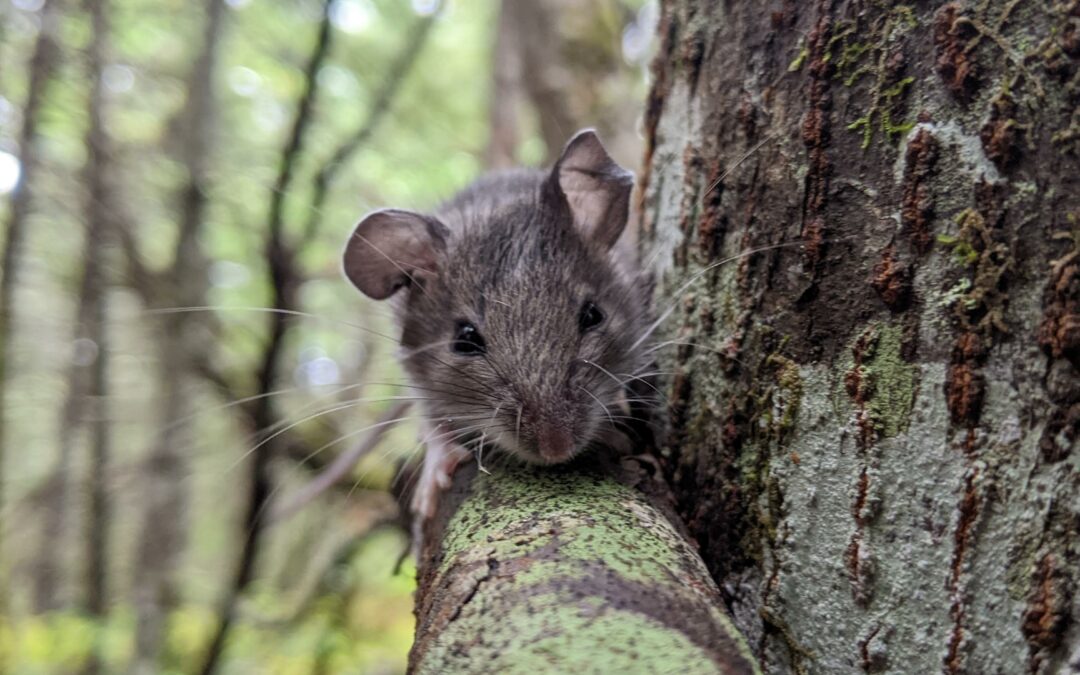
by Emma Alligood | Mar 3, 2023 | Educational Resources, News, Private Lands, Uncategorized, Wildlife
A conversation between two small mammal researchers: Dr. JT Pynne (Georgia Wildlife Federation) and Ivy Yen (PhD Student at the University of Maine). Most plants grow from seeds, but how do those seeds get there? Seed dispersal is the method by which plants spread...
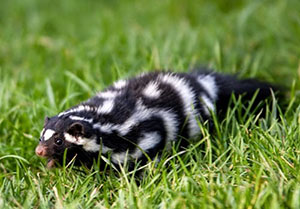
by GWF | Feb 11, 2023 | Educational Resources, News, Private Lands, Uncategorized, Wildlife
By Emma Alligood and Dr. JT Pynne The eastern spotted skunk, Spilogale putorious, is a once prevalent species throughout the eastern US and Midwest. Now, the species population is down more than 90% due to habitat loss, fragmentation, and land use change. Sightings...
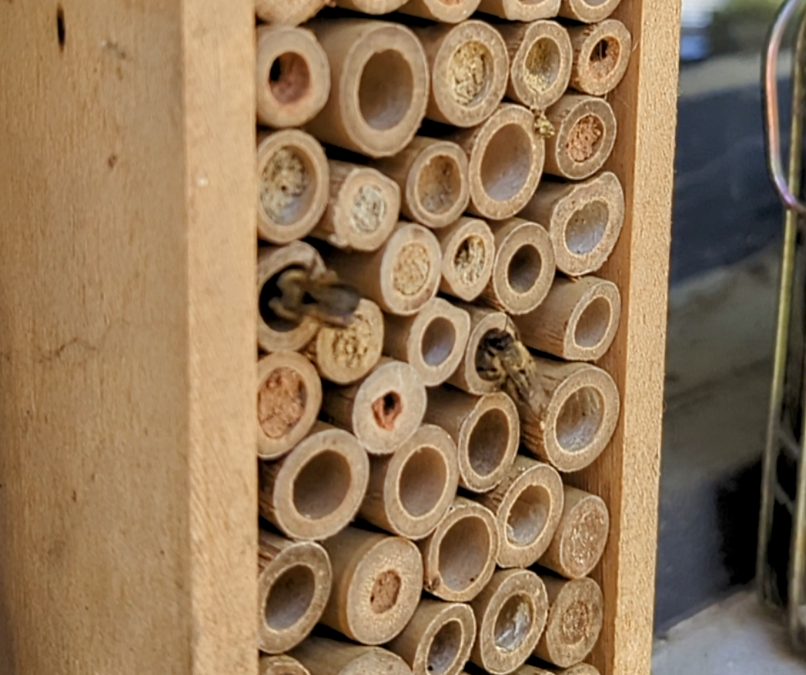
by JT Pynne | Sep 20, 2022 | Educational Resources, Private Lands, Wildlife
By: Dr. JT Pynne What do you think of when someone says pollinators? It may conjure up images of butterflies floating around a bush full of flowers, or honey bees buzzing away from a hive. These examples are great, but many different taxa are pollinators, including...
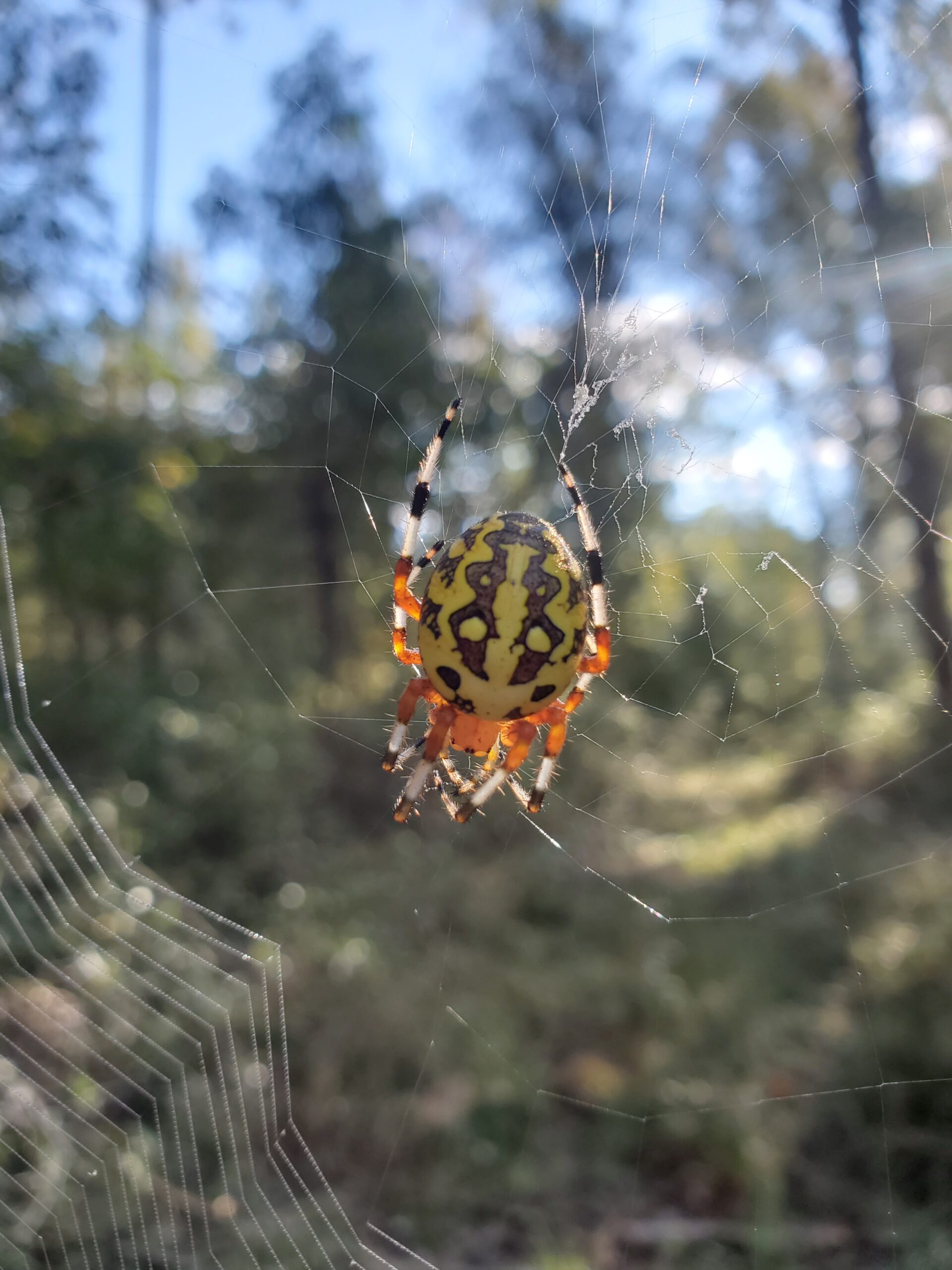
by JT Pynne | Oct 30, 2021 | Educational Resources, News, Uncategorized
By: JT Pynne and Julia Yearout (GA DNR) Halloween season is a great time to dive into the spooky animals that exist in our very backyard. Glowing Animals Some animals have an almost supernatural ability to glow in the dark! Several biofluorescent and bioluminescent...
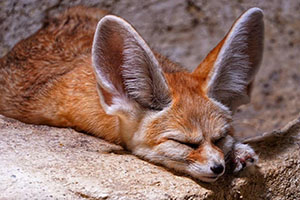
by Ashlyn Halseth | Jun 20, 2021 | Educational Resources, News, Uncategorized
By: Ashlyn Halseth With the ocean taking up 71% of the Earth’s surface, only 57,308,738 square miles are left for the terrestrial creatures of the world. Grasslands, rainforests, temperate forests, evergreen forests, and more make up a small portion of the Earth’s...







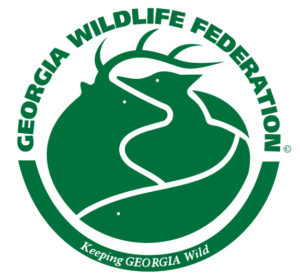
Recent Comments